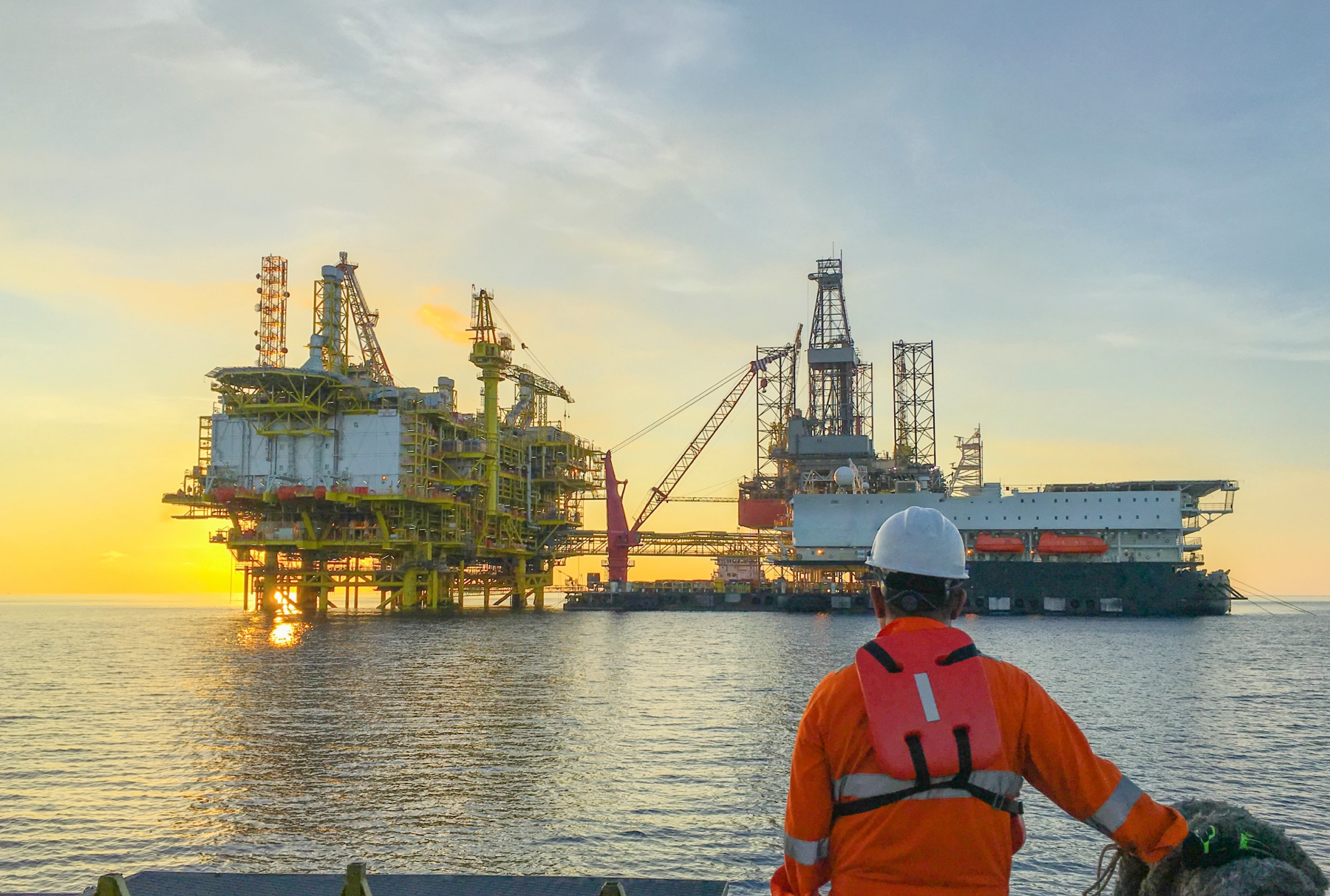Marine Protected Area (MPA) governance in Thailand
An interdisciplinary analysis of a central problem in the management of marine resources – how to protect marine ecosystems whilst ensuring the livelihoods of local communities.
Project leader
Professor Selina Stead
Dates
October 2009 to September 2016
Project staff
Estelle Jones
Professor Tim Gray
Sponsors
NERC
ESRC
Partners
Don Macintosh (IUCN)
Description
An increasingly common solution to this problem is the establishment of marine protected areas (MPAs).
But how well do MPAs perform in delivering both ecological protection and socio-economic well-being?
And more specifically; how do MPAs address stakeholder needs? What forces shape the configuration and ecological expectations of MPAs? How are these ecological expectations met? How can stakeholders partake in improving these outcomes?
There is extensive literature on MPAs in tropical waters. In this literature there is considerable controversy over their ecological and socio-economic effectiveness. This includes the factors that influence that effectiveness.
Terrestrial parks have delivered a measure of success. But the achievements of MPAs are proving more difficult to estimate.
This is because of the open nature of marine ecosystems. Also our limited scientific understanding of the spatial scales of marine populations.
Some writers claim that MPAs are essential for the protection of marine species and habitats. They argue that enhancements from ‘spillover’ effects are added benefits for regional fisheries.
The social-economic dimensions of MPAs have been gaining increased attention. This is due to differing opinions on successes at meeting livelihood needs.
The implementation of tourism into MPAs and the economic benefits from the range of services are seen as a panacea to rural economies.
But conflicts of interest between stakeholders have increased in many MPAs.
This is due to the inequitable distribution of economic gain, costs and responsibilities. It is also due to the resulting degradation from tourism development.
Two of the more dominant factors identified for improving the social-economic performance in MPAs are:
- good governance
- stakeholder participation in their management
This project aims to assess how the Thai national park system is addressing these issues. It includes stakeholder participation. It investigates how their efforts are contributing to resource protection for current and future generations.
